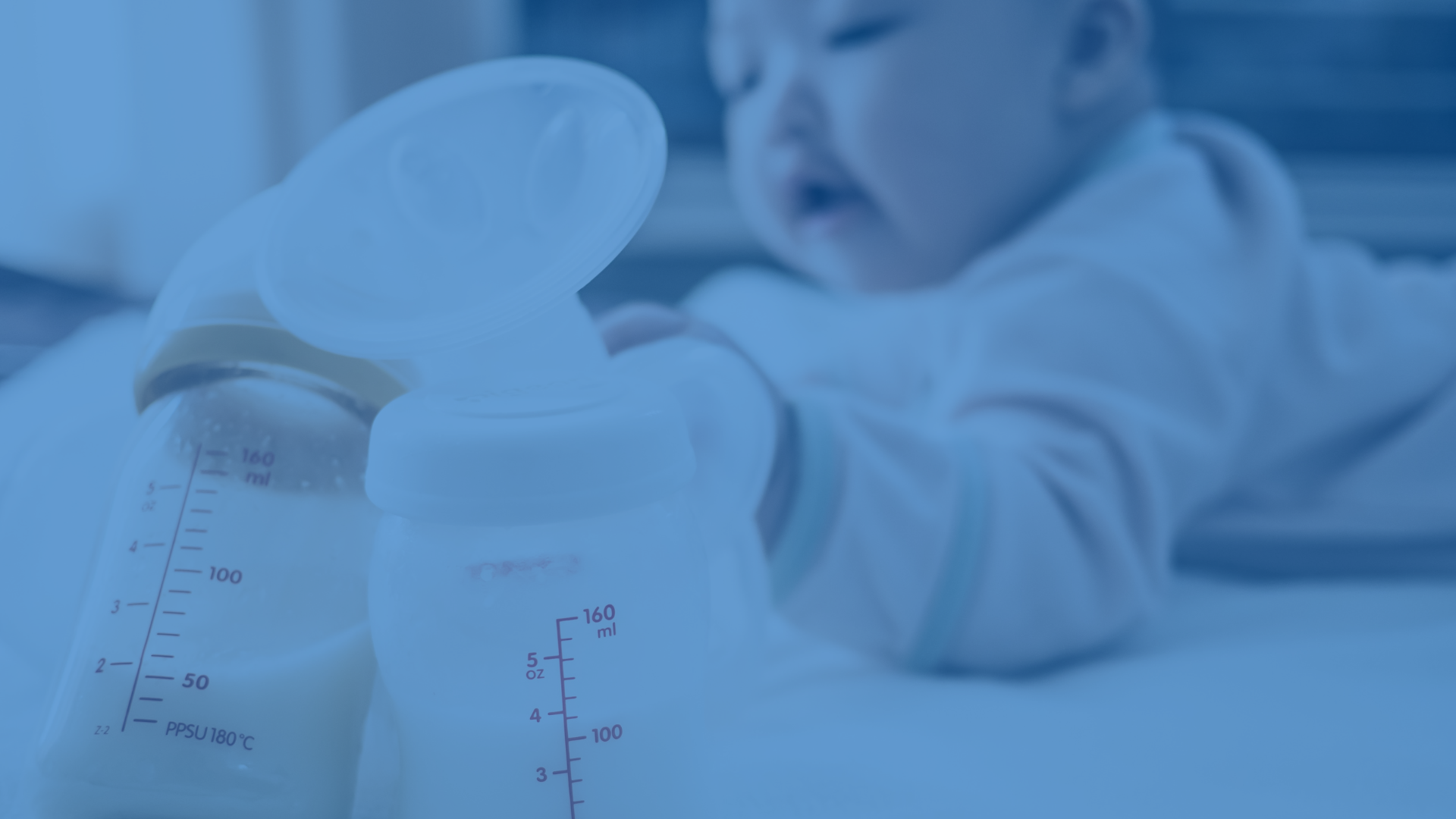We are 
Your baby should only have breast or formula milk for the first 6 months.
Advice for parents
If you have any further questions or any feedback, our Infant Feeding Team Midwife, Susannah Lawton would love to hear from you.
What can I do to prepare to bottle feed?
- During your pregnancy your Midwife will discuss with you your thoughts and feelings about feeding your baby.
- You can email our Antenatal Education Midwife at antenatal.
education @geh.nhs.uk - You can also visit the websites below which has lots of information and resources to help you with feeding your baby.
How will the hospital help me start bottle feeding?
Once your baby is born, the midwives will help you have skin to skin contact with your baby and we recommend you give the first bottle feed in skin to skin. Your baby will be kept with you so that you can feed him or her responsively. Skin to skin is vital to help baby maintain their temperature, regulate their heartbeat and breathing and helps with bonding. If you and your baby need support, the Midwives, Maternity Support Workers and the Infant Feeding Team are available. Before you are discharged home from the hospital the staff will talk through sterilising and making up a bottle with you.
How often should my baby feed?
Your baby’s tummy is only small and will empty quickly therefore your baby will need regular feeds, around 8 feeds in 24 hours. Observe your baby for feeding cues such as wriggling, rooting / sucking their fingers and licking their lips. Gently inviting the baby to take the teat, pacing the feeds and avoiding forcing the baby to finish the feed can all help to make the experience as acceptable and stress-free for the baby as possible, as well as reducing the risk of over feeding.
Responsive Feeding
Unicef advice - UK baby friendly initiative
Will I need to bring in my own bottles and formula?
In line with other local Trusts, George Eliot Hospital does not provide infant formula to new mothers who have made an informed choice not to breastfeed.
You will need to bring with you:
- Starter packs of ready to feed formula, these packs come with teats. We would suggest you bring two starter packs with you.
Please do not bring with you:
- Powered formula – we do not have the facilities for the safe preparation of powdered formula.
- We cannot store the larger cartons of ready to feed formula once open, so please do not bring these to the hospital.
What if my baby has to have special care?
If your baby has to have special care after birth, you can still bottle feed your baby, speak to the nurses and they can guide you and advise when baby is due a feed and will support you to feed baby.
How do I know if my baby is feeding well?
Your midwife will do a feeding assessment before you leave the hospital. The Midwife will discuss increasing feeds as baby drinks more and observing baby’s wet and dirty nappies. A Midwife will also visit you when baby is 5 days old (your baby’s date of birth is day 0) and weigh baby.
Babies are born into an environment that is a lot colder than they are used to and they need to use extra energy to keep themselves warm, to help with this babies are born with a layer of brown fat that they use as an extra energy source. Most babies will lose weight on day 5 because they have used this brown fat energy source. A healthy well baby can lose up to 10% of their body weight on day 5. From day 5 onwards your baby should start to gain weight and your midwife will advise you when your baby will need to be reweighed depending on their birth weight, amount of weight loss on day 5 and baby’s general wellbeing.
What to look out for:
- Around 6 heavy, wet nappies a day by day 5
- At least 1 soft stool a day
- Appropriate weight gain / growth
- Is generally calm and relaxed when feeding and is content after most feeds
- Has a normal skin colour and is alert and waking for feeds
Unicef - Bottle feeding Assessment Tool advice
How will bottle feeding affect mine and my baby’s sleep?
Your baby will need to feed a number of times in the night. It is also vitally important that we keep baby safe overnight and the following website will give you some helpful information about safer sleeping. Lullaby Trust provide some practical advice.
The support of your partner is very important in all aspects of care including feeding your baby. As well as helping with the feeds your partner can make sure that you are getting enough to eat and drink, and can help you by caring for the baby between feeds so you can rest. Your partner can also talk to your midwife or other organisations to access additional support if you need it. Your partner can also visit our Dad’s & Partners page for advice on other things they can do to help like registering the birth.
Leaflets
Online support
- Unicef Baby Friendly website
- Best Beginnings website
- First step nutrition website
- Unicef responsive bottle feeding
- Start for Life NHS Advice
· George Eliot Maternity Facebook page - https://
